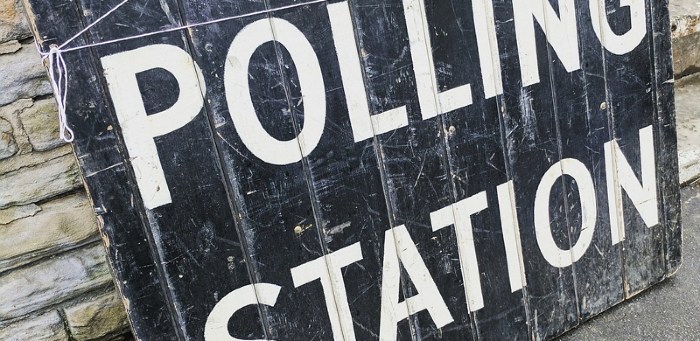
Why elections matter (for employee shares)
A Conservative government has the following key policies that may affect your plans on share schemes and remuneration generally:
- Increasing the tax-free personal allowance to £12,500 and the higher rate threshold to £50,000;
- Increasing the charge on “non-doms” and tackling abuses of the of the “non-dom” status;
- “Cracking down” on tax evasion and aggressive tax avoidance;
- Not increasing to National Insurance contributions.
Whereas a Labour government may be busy complying with all their pledges in this area:
- Raising the higher rate of income tax to 50% and introducing a starting rate of 10%;
- Reversing the “shares for rights” employee shareholder status;
- “Considering” how to support employee buy-outs on a sale of a business;
- Abolishing “non-dom” status;
- Improving the link between executive pay and performance by “simplifying pay packages”;
- Requiring employee representation on remuneration committees;
- Requiring companies to publish the pay packages of the ten highest paid employees outside the boardroom and the ratio of the total pay of their top earner compared to average employees; and
- Introducing a binding vote to approve remuneration packages before they are implemented;
- Requiring investment and pension fund managers to disclose how they vote on executive pay.
If we end up with a Liberal government, or should we say Coalition, the Liberal policies are also similar in theme:
- Raising the threshold at which NICs start to the same threshold as income tax (when resources allow);
- Raising the personal allowance for income tax to at least £12,500;
- Restricting the CGT annual exempt amount to £2,500;
- Abolishing employee shareholder status;
- “encouraging employers to promote employee participation and employee ownership”;
- Restricting entrepreneurs’ relief to shareholdings of at least 10% within the last three years and 5% in the last year;
- Introducing a general anti-avoidance rule to prohibit “contrived structures designed purely or largely to avoid tax”;
- Restricting access to “non-dom” status;
- Introducing employee representation on remuneration committees; and
- Introducing a right for employees who collectively own 5% of a company to be represented on the board of directors.
So where does that leave us? It seems that with a Conservative government we may well be continuing with “business as usual”. Changes to rates of tax and amending existing provisions may well be all we need to expect.
But with a Labour government or strong influence from the Liberals, more substantial changes to employee share schemes may well occur. It will be interesting to see how share participation is “encouraged” by either party. But most pledges seem to be focussed on the area of wide-employee share ownership.
For the majority of companies who have a few targeted option or shareholders, the main change may be the loss of the ability to give shares in return for the waiver of employee rights. If that’s what you want to do, it may be best to act fast!A quick look through the pledges of the parties in relation to employee share schemes may give us better idea of how to plan for life post-election. Clearly, we will all have more time when we are not listening to all the election coverage morning to night, but also each party has slightly different plans.
